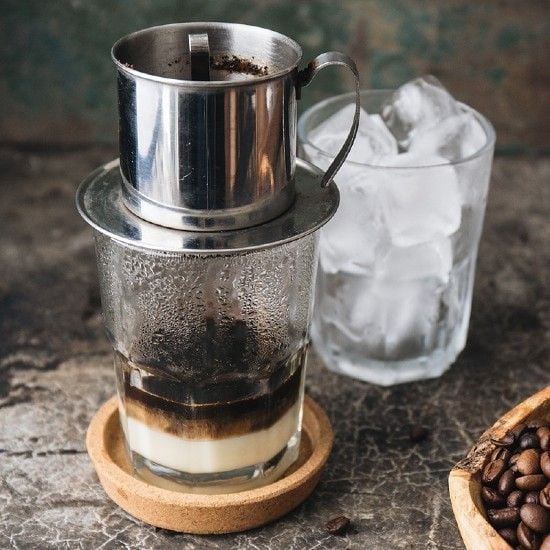18/10/2024
Exploring the World of Specialty Coffee: From Bean to Cup
Discover the journey of coffee from its origins to your cup, focusing on specialty coffee trends, brewing techniques, and sustainable practices.
by Alice Johnson
Coffee is more than just a drink; it's an experience that captivates the senses and tells the story of the people and places behind each cup. The rise of specialty coffee has brought attention to the intricacies of the coffee-making process, from the farms where beans are cultivated to the brewing techniques that highlight their unique flavors.
The Specialty Coffee Journey
Specialty coffee refers to beans that are grown in ideal climates and carefully processed to maintain their quality. These beans are graded above 80 points on a 100-point scale by certified tasters, known as Q Graders. The journey begins with farmers who take great care in nurturing the coffee plants, harvesting only the ripest cherries.
- Origin: Specialty coffee often comes from specific regions known for their ideal growing conditions, such as Ethiopia, Colombia, and Costa Rica.
- Processing: The beans are processed through methods like washed, natural, or honey processing, each of which affects the final flavor profile.
- Roasting: Specialty coffee roasters aim to enhance the natural flavors of the beans rather than masking them with darker roasts.
- Brewing: Methods such as pour-over, Chemex, and siphon brewing allow for precise control over the extraction process, emphasizing the beans' delicate notes.

Popular Brewing Techniques
The brewing method plays a crucial role in unlocking the full potential of specialty coffee. Some popular methods include:
- Pour-over: This method gives you control over water temperature and brewing time, resulting in a clean, balanced cup.
- French Press: Known for its full-bodied flavor, the French press method uses immersion to extract deep flavors from the coffee grounds.
- Aeropress: This versatile method allows for both espresso-style and filtered coffee, depending on the brewing time and grind size.
- Siphon: A visually captivating method, the siphon brewer uses vacuum pressure to create a smooth, rich cup of coffee.

Sustainability in Specialty Coffee
Many specialty coffee producers focus on sustainability, ensuring that their farming practices benefit both the environment and the local communities. Ethical sourcing, fair wages for farmers, and eco-friendly farming techniques are at the heart of the specialty coffee movement.
From compostable packaging to water-saving processing methods, the goal is to minimize the environmental footprint while maintaining high-quality coffee. Consumers are becoming more aware of the origins of their coffee and are increasingly seeking out brands that prioritize sustainability.

The Future of Coffee
As the specialty coffee industry continues to grow, innovation is key. New brewing devices, advancements in sustainable farming, and emerging coffee-producing regions are all contributing to the evolution of coffee culture. Whether you prefer a simple drip coffee or a complex single-origin brew, there's never been a better time to explore the rich world of specialty coffee.
With a focus on quality, ethics, and sustainability, the future of coffee is not only delicious but also socially responsible.
Share:
Copy










